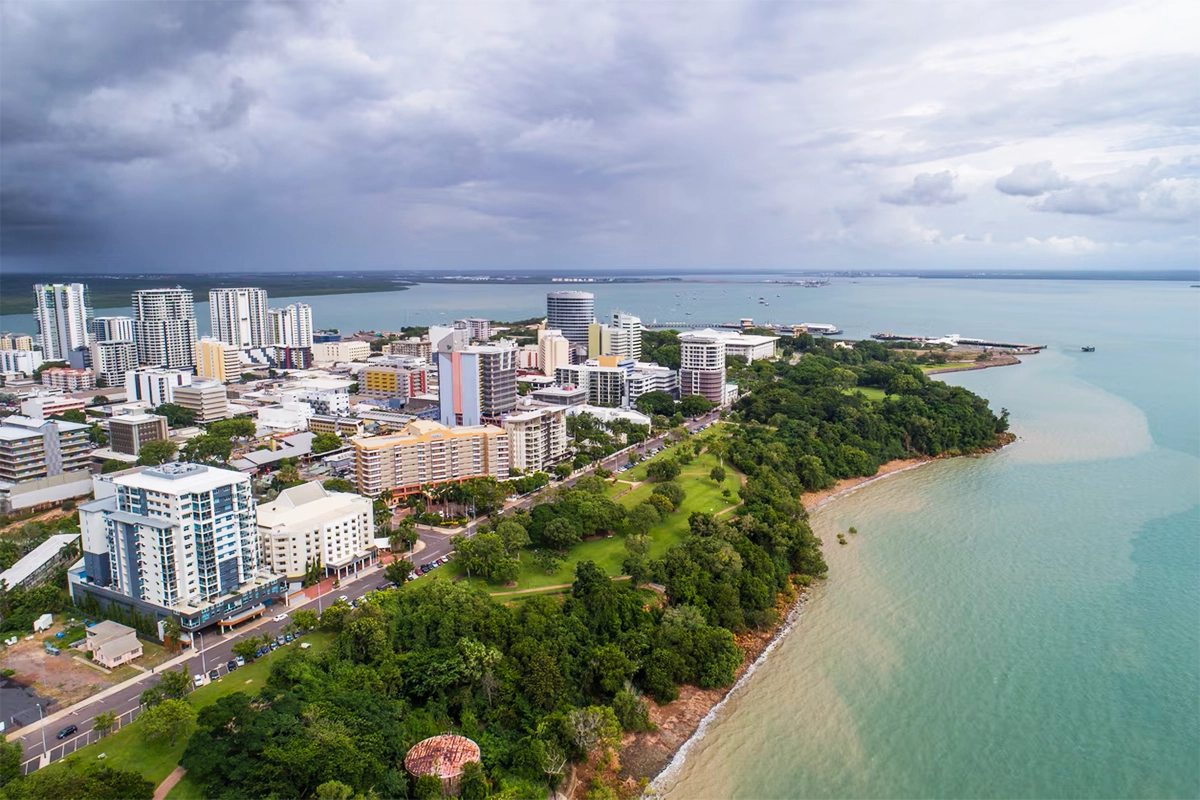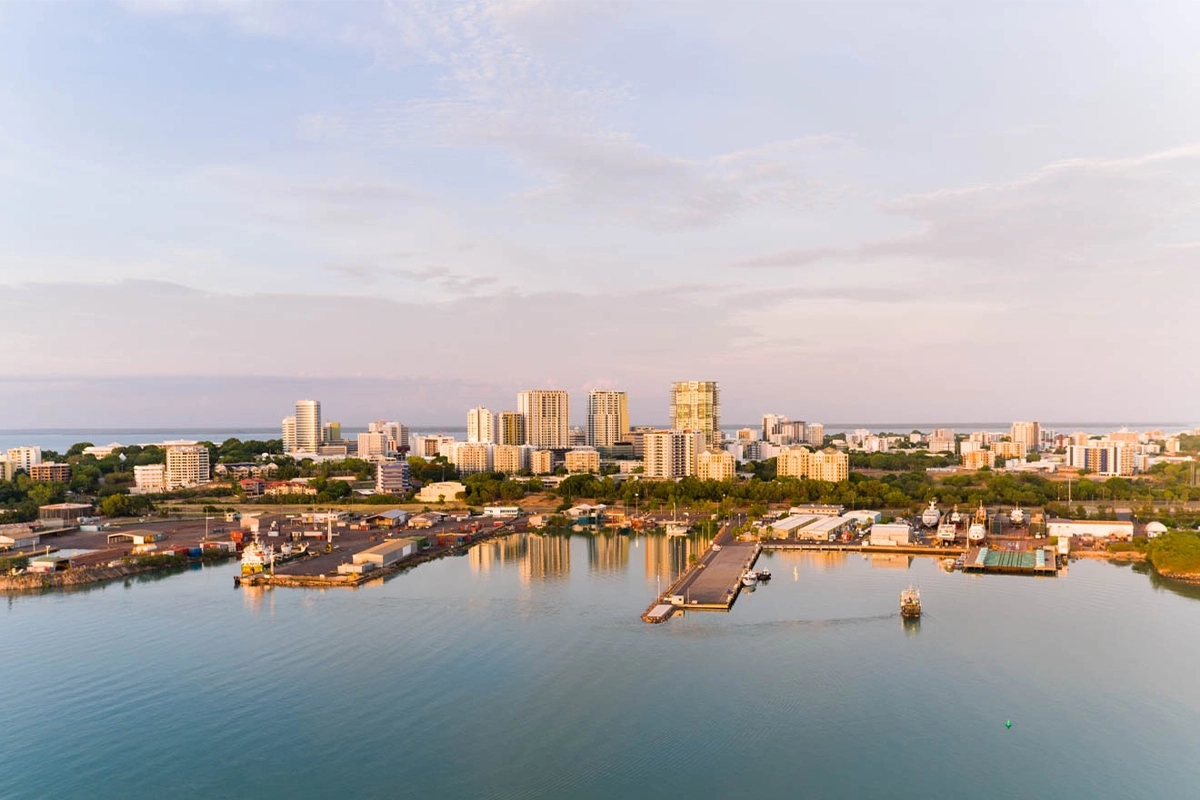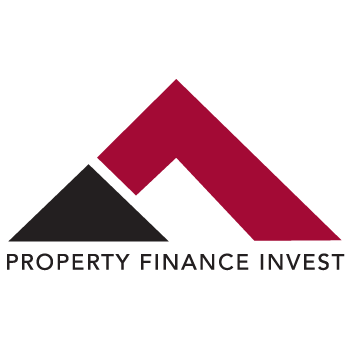
05 Jul Darwin’s Investment Momentum: Why the Top End Is Back on the Radar in 2025
Darwin Property Market Heats Up: Why Investors Are Turning to the Top End in 2025
As investors increasingly look beyond the traditional property strongholds of Sydney and Melbourne, attention is shifting to Australia’s smaller capital cities where affordability, rental performance, and growth potential remain strong. One city steadily climbing the ranks is Darwin. Often overlooked in broader national commentary, Darwin is now being recognised as a high-yield, fast-growing market—particularly attractive to investors in 2025.
Recent national data has placed several Darwin suburbs among the top investment hot spots, highlighting a shift in sentiment towards the Northern Territory capital. Driven by low vacancy rates, strong rental yields, and renewed infrastructure investment, Darwin’s property market is presenting a fresh value proposition for investors seeking both immediate rental returns and long-term upside.
What’s Driving Darwin’s Investment Appeal?
Darwin’s resurgence has been underpinned by a combination of factors that are aligning in favour of residential property investors. While the market may not see the same volume of transactions as larger cities, its fundamentals remain strong—offering an opportunity for those prepared to look north.

1. Affordability with Upside
Darwin remains one of the most affordable capital cities in Australia. Median house prices remain significantly below national averages, with many suburbs offering entry points well under $600,000. This affordability is attracting investors and first-time buyers from interstate markets priced out of Sydney, Melbourne, or Brisbane.
At the same time, Darwin has recorded consistent quarterly growth in home values over the past year. While the pace is modest compared to boom periods, the growth is stable and supported by real demand, rather than speculation.
2. High Rental Yields
Darwin continues to lead the nation in gross rental yields. In many suburbs, yields for houses are comfortably sitting above 6%, with some units returning 7%–8% gross. These figures far exceed those available in most capital cities, offering significant appeal for investors focused on cash flow.
The strength of the rental market is being driven by a combination of limited housing supply and a growing workforce in defence, resources, and public administration—sectors that remain resilient even in fluctuating economic conditions.
3. Tight Vacancy Rates
Rental vacancies in Darwin remain at historic lows, with many suburbs reporting rates below 1%. This tight market is placing upward pressure on weekly rents, increasing investor returns and reducing periods of vacancy risk. The situation is particularly pronounced in central suburbs and areas near major employment hubs.
Suburbs on the Investment Watchlist
Data from PropTrack and other leading market analysts has identified several Darwin suburbs that are attracting significant interest from investors in 2025. These areas combine affordability, rental strength, and proximity to economic activity.
1. Moulden
Located in the Palmerston region, Moulden is increasingly viewed as one of Darwin’s most promising investment suburbs. With median house prices around $450,000 and rental yields exceeding 6.5%, it offers strong returns and accessible entry.
Proximity to schools, shopping centres, and transport makes it attractive for families and long-term renters.
2. Bakewell
Also within Palmerston, Bakewell has gained attention for its blend of modern housing, green spaces, and community infrastructure. Rental demand remains high, and the suburb benefits from relative affordability while maintaining access to employment centres.
3. Malak and Karama
These northern suburbs of Darwin are within 10 km of the CBD and have benefited from recent infrastructure improvements. Malak, in particular, is experiencing increased redevelopment interest, with solid yields and demand from essential workers in health and education sectors.
4. Nightcliff
Nightcliff continues to attract lifestyle-driven tenants and long-term residents due to its coastal location and proximity to Darwin’s inner-city amenities. Although property prices are higher than Palmerston suburbs, strong rental performance and limited stock support consistent value retention.
Economic and Infrastructure Tailwinds
Darwin’s property performance is also being bolstered by broader economic and infrastructure developments that are increasing the city’s long-term appeal.
1. Defence Investment
Darwin is a major strategic hub for Australian and US defence forces, with ongoing upgrades to RAAF Base Darwin and other military infrastructure. These investments are bringing new personnel to the region and creating jobs in construction, logistics, and support services—driving consistent housing demand.
2. Energy and Resources Projects
Major gas, mining, and renewables projects continue to support the Northern Territory’s economy. With investment flowing into LNG facilities, solar infrastructure, and critical minerals processing, employment growth is expected to remain stable, particularly in sectors requiring skilled labour.
3. Government-Led Housing and Infrastructure Programs
Both the NT Government and the City of Darwin have prioritised urban renewal, housing supply strategies, and indigenous community support initiatives. These efforts are helping to manage long-term population growth and improving infrastructure, including road, water, and digital connectivity.
Lifestyle and Migration Trends
Post-pandemic lifestyle shifts are also playing a role in Darwin’s property market performance. Increasing numbers of Australians are considering regional and smaller capital cities for their blend of affordability, climate, and work-life balance.
Darwin, with its outdoor lifestyle, multicultural community, and relative isolation from major congestion issues, has seen renewed interstate interest—particularly from younger working professionals, government employees, and FIFO workers.
While Darwin’s overall population base remains smaller than other capitals, targeted migration and workforce demand are sustaining both housing demand and rental stability.
Considerations for Property Stakeholders
Darwin’s market does present unique characteristics that require careful consideration. Investors looking to capitalise on the city’s current momentum should take the following into account:
- Market Volatility: Darwin has experienced sharp upswings and corrections in the past, particularly tied to the resources sector. Investors should adopt a long-term perspective and monitor economic shifts.
- Insurance and Build Costs: Due to its tropical climate and distance from supply chains, property insurance premiums and construction costs may be higher than average.
- Tenant Demand Profiles: With a high proportion of public sector and defence tenants, properties near employment hubs or transport links tend to perform more consistently.
Nevertheless, the combination of high yields, affordable prices, and strategic investment makes Darwin an increasingly compelling option in 2025.
Final Thoughts
Darwin’s return to the national investment spotlight highlights a growing shift in how Australian property investors are approaching market selection. No longer confined to the east coast capitals, investment attention is broadening—driven by affordability, infrastructure, and rental performance.
As demand continues to build and supply remains constrained, select Darwin suburbs are showing strong potential for both yield and growth. For investors seeking to diversify their portfolio or enter the market at a more accessible price point, the Northern Territory capital offers a set of conditions not easily replicated in other markets.
Darwin may not be the largest city, but in 2025, it is increasingly one of the most strategically positioned for value-conscious property investment. Partner with Property Finance Invest to explore high-yield opportunities, access tailored finance solutions, and navigate the Top End’s dynamic property landscape with confidence.


